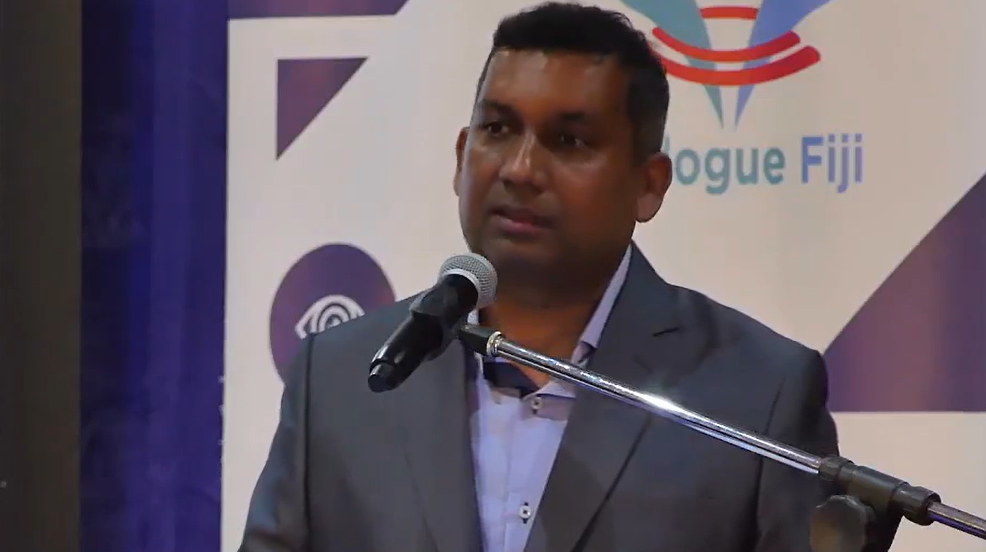Dialogue Fiji Executive Director Nilesh Lal has urged the government to ensure broad public participation and transparency before any Bill to amend the 2013 Constitution is brought to Parliament, saying recent developments have created both heightened interest and growing uncertainty among the public.
Speaking at a Panel Discussion on Fiji’s Constitution Review – Building Trust and Legitimacy in Suva tonight, Lal said the new judicial interpretation of the amendment process has “significantly lowered” the threshold for changing the Constitution — a shift that has fuelled public debate and concern.
“The new interpretation, of course, has quite significantly lowered the threshold for amendment of the Constitution, and the Fijian government has publicly indicated its intention to begin the process soon,” he said.
“These developments have generated a great deal of public interest, but they have also created some apprehension and uncertainty among certain quarters about what actually lies ahead.”
Lal noted that confusion increased in recent weeks after comments by the Prime Minister suggested that a constitutional amendment bill might be imminently tabled.
“There has been some degree of confusion amongst the public about whether a Constitution amendment bill was to be tabled in Parliament,” he said.
“This emanated from the Prime Minister’s remark in the media when he said he had asked all members of the government side to be in Parliament during the last sitting.”
He said Dialogue Fiji had also been concerned by the suggestion, stressing that there are essential steps that must occur before any amendment bill is drafted, let alone introduced.
“Before you bring forth a Constitution amendment bill, there needs to be consultation. There needs to be input that goes into the drafting of the original bill,” he said.
“And before you exhaust all those processes, you cannot be introducing a Constitution amendment bill.”
Lal drew a clear distinction between a referendum bill—which would outline how a national referendum on potential amendments should operate—and an amendment bill itself.
“If the government wants to introduce a referendum bill, or a bill that is going to spell out how the referendum for the Constitution amendment process is going to look, then it’s not a problem because that is ordinary legislation,” he said.
“But when it comes to amending the Constitution, I think the key words are inclusiveness and participation — ensuring that there are adequate opportunities for input from members of the public before the bill is even tabled in Parliament.”
Lal said Dialogue Fiji supports a process that builds legitimacy, public confidence, and national consensus, noting that constitutional reform cannot succeed without meaningful engagement from citizens.



